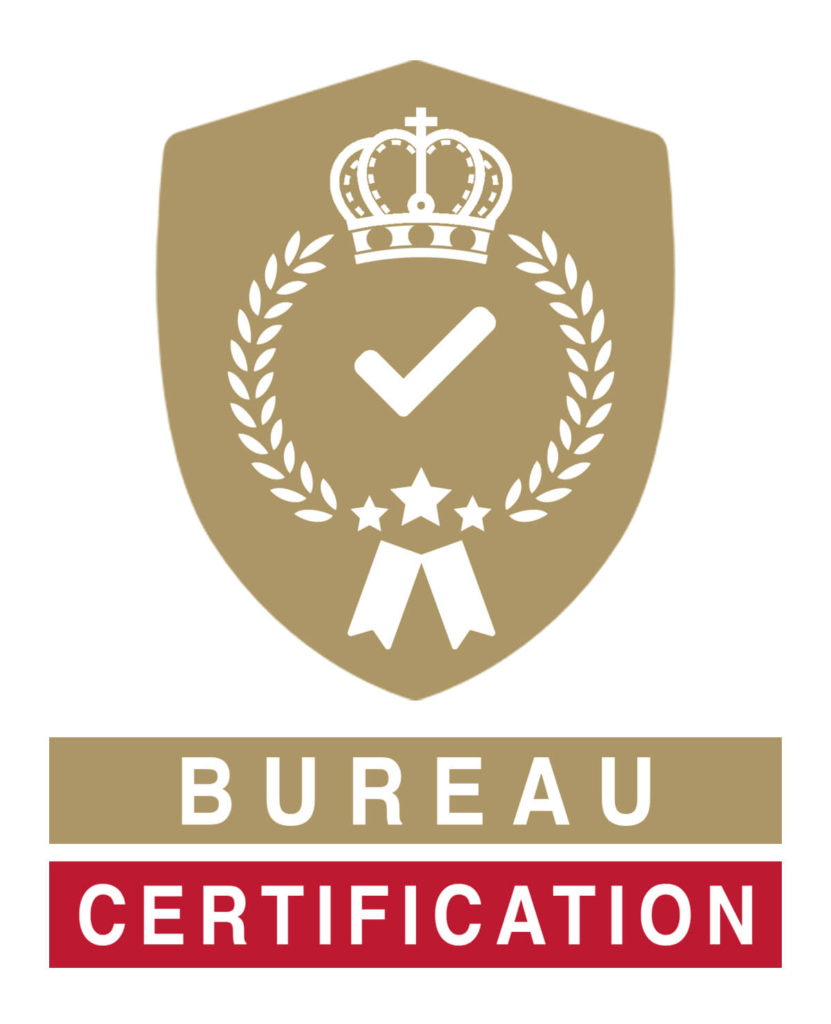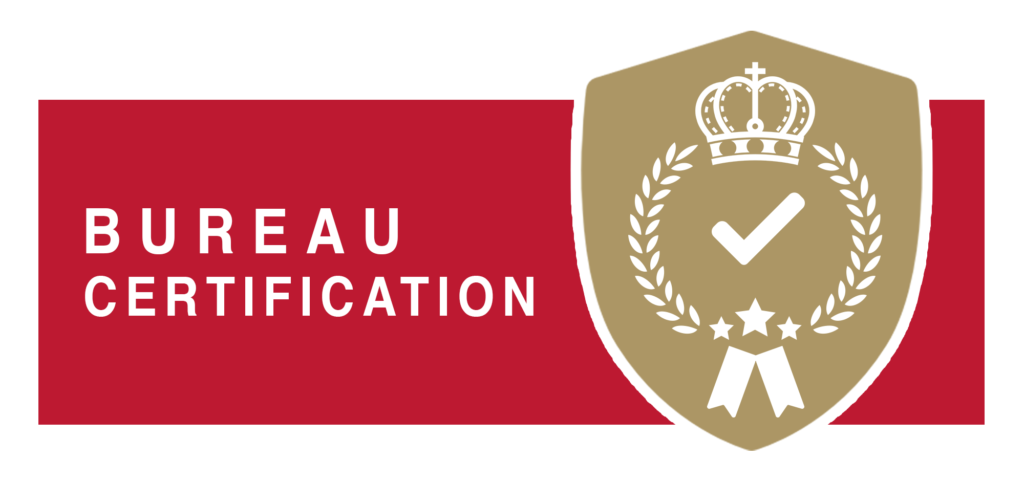The global coronavirus crisis continues to place unprecedented pressure on businesses of all sizes, with guidelines changing daily as the COVID-19 virus continues to spread. Our focus is, of course, on ensuring the safety of our clients and employees, and we are committed to supporting our clients throughout this unprecedented time. As part of this support, we have put a new process of conducting audits using digital technology to ensure our services’ continuity.
What Is a Remote Audit?
A Remote Audit is conducted when an offsite auditor audits a client’s company processes, policies, procedures, and personnel in real-time through ICT (Information and Communication Technology). An auditor can interview auditees through video conferencing tools, having the possibility to review (using screen sharing functionalities) the documents remotely while asking questions or precisions.
Remote audits can be delivered for any process that does not require to be on-site verified checking a running process.
What are The Steps of the Remote Audit Process?
- Planning & Assessment of Available ICT Tools
- Scheduling the Remote Audit
- Documentation Process
- Commencement of Remote Audit
- Analysis Audit Report
- Correction of Nonconformities (If Any)
- Certification
Prerequisites for an Effective Remote Audit:
- Document Preparation: Make sure the documents are ready and available to be shared on the screen with the auditor. As an on-site visit is not possible, make sure all documents are accessible remotely and shared online.
- ICT Tool & Good Connectivity: Make sure your network has enough bandwidth to support multiple connected people on the digital meeting with screen sharing. In case a specific room is needed for better connectivity, assure its availability for audit time.
- Security & Confidentiality: Make sure you have a secured network with VPN (Virtual Private Network) system to connect to the ICT system.
- Team Availability: As with any certification audit, make sure all necessary people can access (and are invited) to the video conference and participate in the remote audit. People can connect anytime they need or are required to.
- Time Management: Remote audit requires specific time management compared to on-site audit. Our auditors will adapt their auditing program accordingly.
Which Audits can be Done Remotely?
The majority of the Standards can be Audited Remotely. During the COVID-19 crisis, it’s recommended to maintain certificate validity and business continuity by Remote Auditing.
Standards like ISO 9001 (Quality Management), ISO 14001 (Environmental Management), ISO 45001 (Health & Safety Management), ISO 27001 (Information Security Management), ISO 22000 (Food Safety Management) are eligible for Remote Auditing.
What are The Key Benefits of Remote Audits?
- Easy Certification
- Improved Efficiency of the Audit
- Saves Time and Money on Audit
- Maintain Business Continuity During the Pandemic
- More Flexibility
To know more about Remote Auditing Procedures, talk to our expert team right away!

